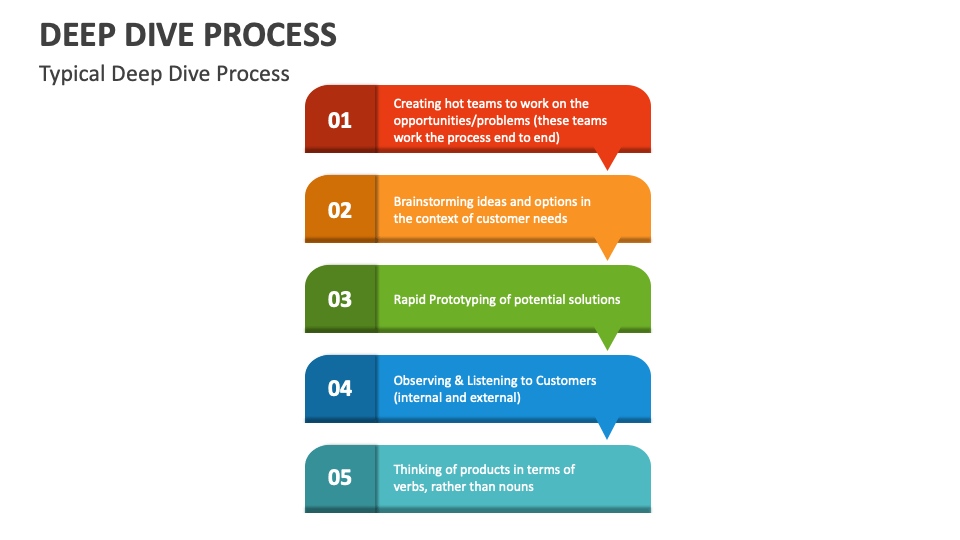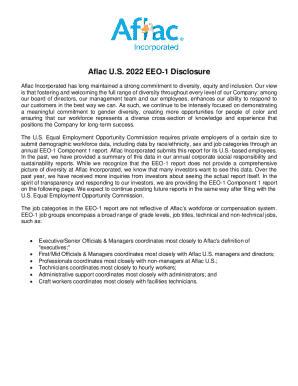Regulatory Hurdles Halt Uber's Acquisition Of Foodpanda In Taiwan

Table of Contents
Taiwan's Stringent Antitrust Regulations
Taiwan boasts robust antitrust laws designed to prevent monopolies and promote fair competition. The Fair Trade Act is the cornerstone of this regulatory framework, aiming to maintain a level playing field for businesses and protect consumer interests. The proposed Uber Foodpanda Taiwan acquisition falls squarely under this scrutiny.
- Specific Laws: The Fair Trade Commission (FTC) in Taiwan is responsible for reviewing mergers and acquisitions to prevent anti-competitive practices. The Fair Trade Act specifically prohibits mergers that could substantially lessen competition.
- FTC's Role: The FTC carefully assesses the market share of the merging entities to determine the potential impact on competition. In the case of Uber and Foodpanda, their combined market share in Taiwan raises significant concerns.
- Market Dominance Concerns: Both Uber Eats and Foodpanda are major players in the Taiwanese food delivery market. Their merger would create a dominant player, potentially leading to increased prices, reduced service quality, and limited choices for consumers and restaurants. The FTC is particularly concerned about the potential for the combined entity to leverage its market power to disadvantage smaller competitors. Previous antitrust cases involving other industries in Taiwan have set a precedent for stringent enforcement.
Data Privacy Concerns and Regulatory Scrutiny
Data privacy is a paramount concern in Taiwan, with stringent laws in place to protect personal information. The Uber Foodpanda Taiwan acquisition raises significant data privacy concerns due to the vast amount of user data held by both companies.
- Relevant Data Protection Laws: Taiwan's Personal Data Protection Act (PDPA) governs the collection, use, and disclosure of personal data. The merger necessitates a thorough review of how the combined entity will comply with the PDPA.
- Combined Data Holdings: The merger would result in a massive database encompassing user location data, order history, payment information, and other sensitive details. Concerns exist regarding the potential for misuse or unauthorized access to this combined data pool.
- Regulatory Review Process: The FTC and other relevant authorities will scrutinize the data handling practices proposed by the merged entity. The process will involve examining user consent mechanisms, data security protocols, and measures to prevent data breaches. Failure to meet these standards could result in substantial penalties. Public statements from privacy advocacy groups in Taiwan expressing concerns about the merger further underscore the importance of data privacy considerations.
Impact on Local Businesses and Consumers
The Uber Foodpanda Taiwan acquisition has significant implications for both restaurants and consumers. The potential effects of this merger must be carefully considered.
- Restaurant Commission Fees: A merged entity could potentially increase commission fees charged to restaurants, squeezing their profit margins. This could impact the viability of smaller restaurants and potentially lead to closures.
- Consumer Choice and Pricing: Reduced competition could lead to higher prices and fewer choices for consumers. A dominant player may not be incentivized to offer the same level of competitive pricing and services.
- Job Market Impacts: While some synergies may lead to efficiency gains, there's also concern about potential job losses due to redundancies in operations and management. However, the merger might also lead to the creation of new roles within the combined entity. Studies from similar mergers in other countries illustrate the complex effects on employment.
Alternative Scenarios and Future Outlook
Several scenarios could unfold regarding the Uber Foodpanda Taiwan acquisition. The deal's success is far from guaranteed.
- Withdrawal of the Bid: Uber might decide to withdraw its bid if the regulatory hurdles prove insurmountable. This would represent a significant setback for Uber's expansion plans in Taiwan.
- Proposal Adjustments: To address regulatory concerns, Uber may need to make significant adjustments to its acquisition proposal. This could involve divestitures, commitments to maintain competition, and enhanced data privacy protocols.
- Future Strategies: The outcome will significantly influence both Uber and Foodpanda's future strategies in Taiwan. Failure to secure the acquisition could prompt both companies to pursue alternative growth strategies. Changes to the Taiwanese regulatory landscape in response to this merger attempt are also likely.
Conclusion
The stalled Uber Foodpanda Taiwan acquisition highlights the crucial role of robust regulatory frameworks in mergers and acquisitions within the food delivery sector. Antitrust concerns and data privacy issues are major obstacles. The potential impact on the Taiwanese market, including restaurant commission fees, consumer choice, and pricing, is significant. The Uber Foodpanda Taiwan acquisition remains uncertain, with several possible outcomes. Staying informed on the developments surrounding this case is vital for understanding the evolving regulatory landscape impacting the future of the Uber Foodpanda Taiwan acquisition and similar deals in the region. Keep following this space for further updates on this significant market event.

Featured Posts
-
 Cinema Con 2025 A Deep Dive Into Warner Bros Pictures Slate
May 17, 2025
Cinema Con 2025 A Deep Dive Into Warner Bros Pictures Slate
May 17, 2025 -
 Best Online Casinos In Canada 2025 7 Bit Casino And Competitor Analysis
May 17, 2025
Best Online Casinos In Canada 2025 7 Bit Casino And Competitor Analysis
May 17, 2025 -
 Sbry Abwshealt Aljzayr Tukrm Mkhrja Lybya Barza
May 17, 2025
Sbry Abwshealt Aljzayr Tukrm Mkhrja Lybya Barza
May 17, 2025 -
 Ubers April Surge Double Digit Rally Explained
May 17, 2025
Ubers April Surge Double Digit Rally Explained
May 17, 2025 -
 Reebok And Angel Reese Launch Stylish Ss 25 Capsule
May 17, 2025
Reebok And Angel Reese Launch Stylish Ss 25 Capsule
May 17, 2025
Latest Posts
-
 Eid Al Fitr 2025 Dubai Airport Dxb Anticipates High Passenger Traffic
May 17, 2025
Eid Al Fitr 2025 Dubai Airport Dxb Anticipates High Passenger Traffic
May 17, 2025 -
 Understanding Proxy Statements Form Def 14 A A Comprehensive Guide
May 17, 2025
Understanding Proxy Statements Form Def 14 A A Comprehensive Guide
May 17, 2025 -
 Dubais Eid Al Fitr 2025 Travel Advisory Dxb Terminal 3 Passenger Increase Predicted
May 17, 2025
Dubais Eid Al Fitr 2025 Travel Advisory Dxb Terminal 3 Passenger Increase Predicted
May 17, 2025 -
 Eid Al Fitr 2025 Dubai Travel Advisory And Expected Passenger Surge At Dxb
May 17, 2025
Eid Al Fitr 2025 Dubai Travel Advisory And Expected Passenger Surge At Dxb
May 17, 2025 -
 New York Knicks Tom Thibodeau On 37 Point Loss A Call For Greater Resolve
May 17, 2025
New York Knicks Tom Thibodeau On 37 Point Loss A Call For Greater Resolve
May 17, 2025
